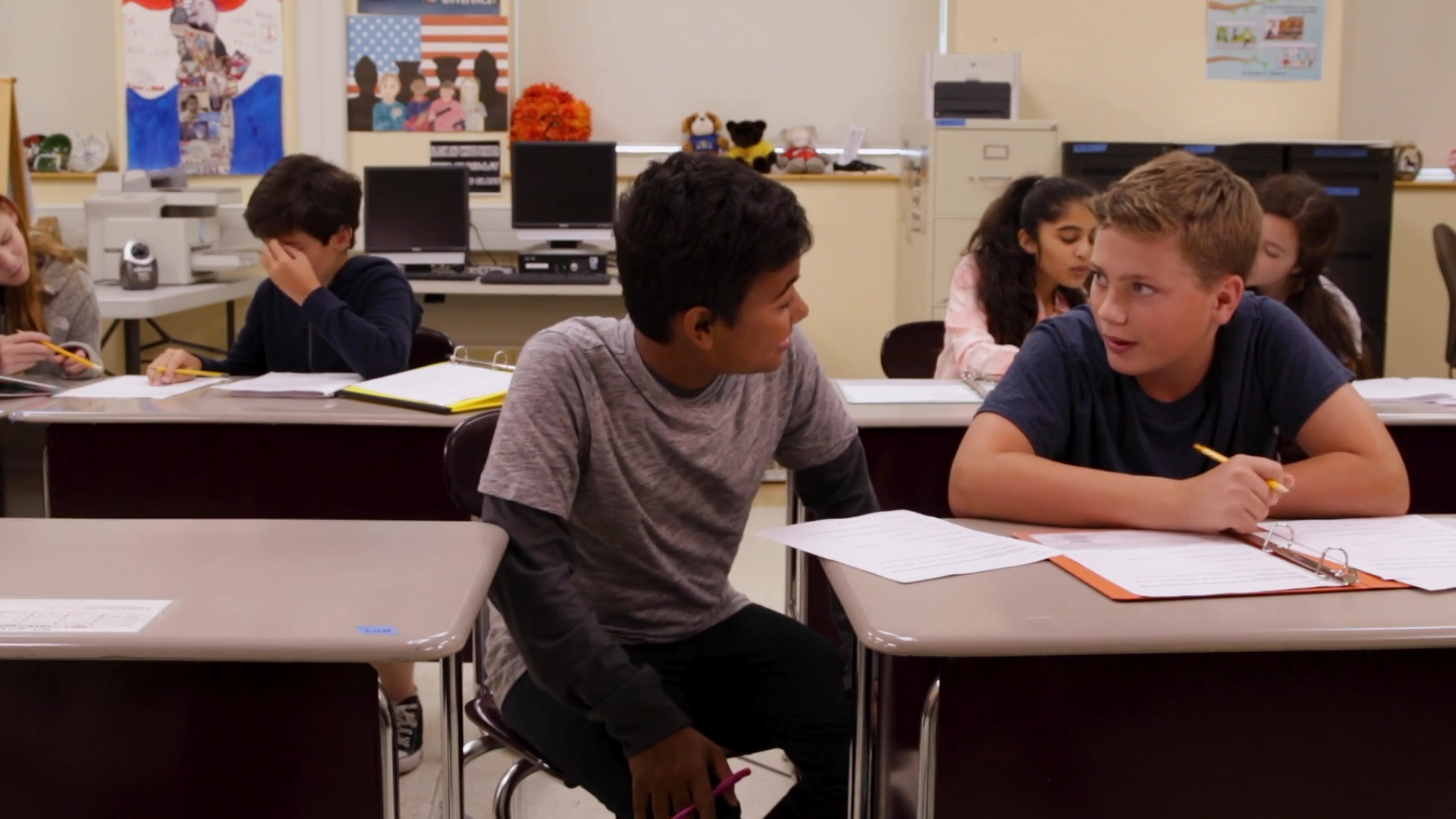
Introduction
Friendships play a crucial role in the social-emotional development of kindergarten students. By learning how to build and maintain friendships, children develop essential skills such as empathy, communication, and collaboration. This blog post will explore a no-prep activity that educators can use to help students understand the importance of common interests, trust, and equal effort in friendships. We will also provide discussion questions and mention related skills that contribute to successful friendships.
No-Prep Activity: Friend Bingo
This engaging activity encourages students to interact with their peers and discover common interests, helping them build connections and form friendships. To play Friend Bingo, follow these simple steps:
- Ask students to sit in a circle and take turns sharing one fact about themselves, such as their favorite hobby, food, or animal.
- As each student shares, encourage the rest of the class to listen carefully and remember the information.
- After everyone has shared, instruct students to stand up and mingle with their peers, asking questions to find someone with a common interest.
- Once a student finds someone with a shared interest, they should give each other a high-five and sit back down in the circle.
- The activity continues until everyone has found at least one peer with a common interest.
Friend Bingo helps students learn about their peers, practice asking questions, and identify common interests as a foundation for building friendships.
Discussion Questions
After completing the Friend Bingo activity, stimulate further discussions with these questions:
- What common interests did you discover with your peers during the activity? How do these interests help you connect with others?
- Why is it important to remember the facts you’ve learned about your friends? How can this information help you strengthen your friendships?
- What does it mean to put equal effort into a friendship? Can you think of examples of how you and your friends show equal effort?
- How can you use the information you’ve learned about your friends to plan activities or outings that you both enjoy?
- Why is trust important in a friendship? How can you show your friends that you trust them?
Related Skills
In addition to the skills mentioned above, other important skills for students to develop in order to build strong friendships include:
- Active listening: Paying attention and showing interest in what others are saying.
- Empathy: Understanding and sharing the feelings of others.
- Conflict resolution: Addressing disagreements in a constructive manner.
- Respect: Treating others with kindness and valuing their opinions and feelings.
Next Steps
Now that you have learned about this engaging activity and the importance of building friendships in kindergarten, take the next step in fostering social-emotional growth in your students. Sign up for free samples of activities and materials that promote social-emotional learning and help your students develop essential life skills.

